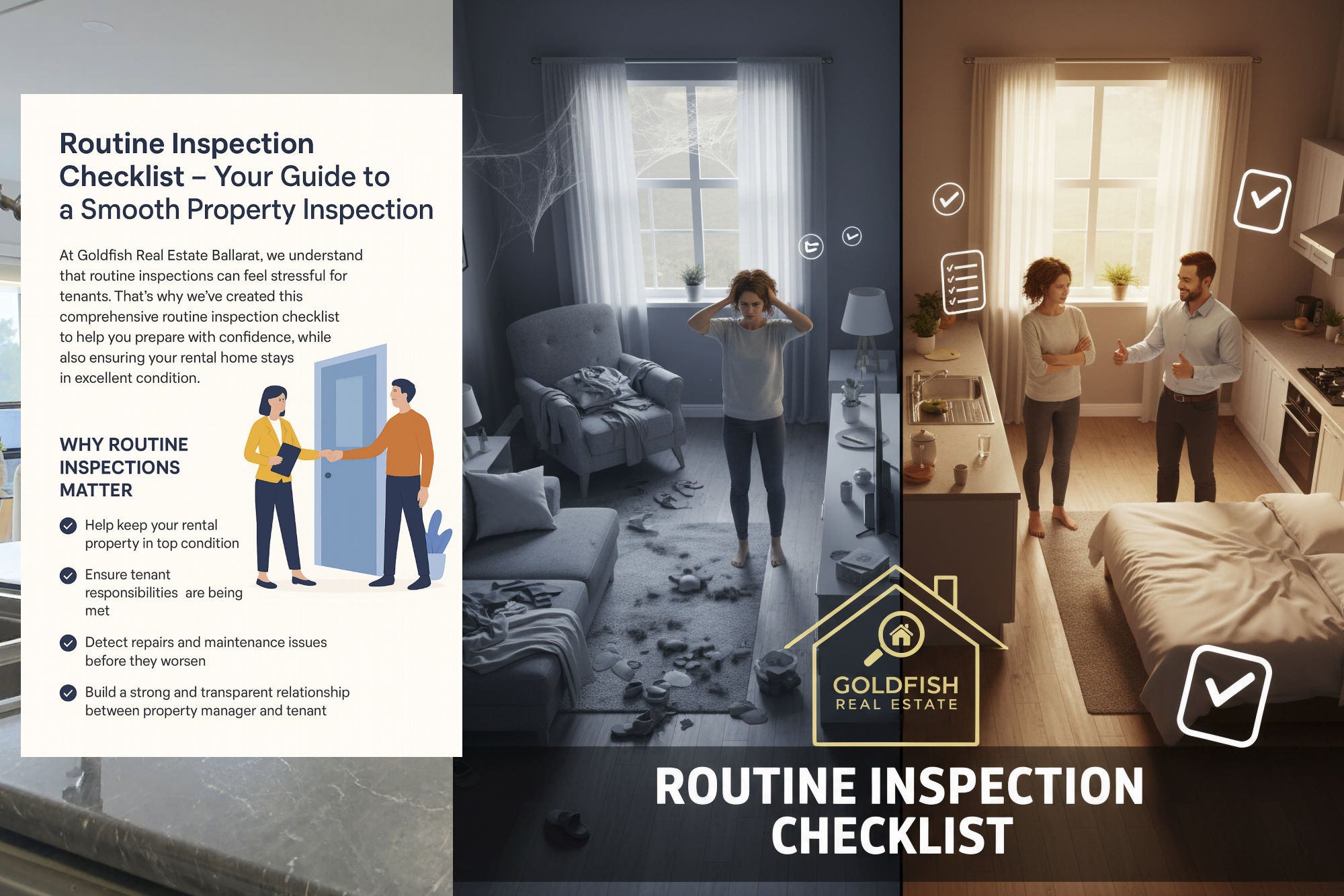Final Inspection or Pre-settlement inspection checklist
As settlement approaches both seller and purchaser excite and start the preparation. Seller prepares the property to hand over on settlement and purchaser plan to takeover. To avoid any nasty or unexpected surprises, it is highly recommended to schedule the pre-settlement inspection which is usually 1- 4 days before settlement happening.
We also know it as the final inspection, this step is a crucial one – especially if someone has been living in your new home since you signed the contract of sale, as this makes it more likely that the home won’t be in the same condition as when you bought it, which it’s required to be.
Should you go to the FINAL INSPECTION or Pre-Settlement Inspection?
Honestly, we highly recommend scheduling the final inspection to avoid any nasty surprises or any blame game on each other (seller and purchaser). The reasons you should conduct a final inspection include:
To ensure furnishings and appliances haven’t been removed from the premises. The most common items that are often removed from the premises are appliances like dishwashers, microwaves and telephones. Often light bulbs are removed and batteries are taken out of remote controls. That’s why it’s important to not only check that the fixtures and appliances are still in or on the property, but also that they are in working order.
To ensure nothing is left behind from the previous owner like old furniture or rubbish. You also don’t want them to have forgotten anything precious to them.
Make sure everything is in working order. Items can break down from the date of purchase to settlement. It’s important to have these items fixed before moving in.
Damage to the property can occur when the vendors move out of the property. Walls can be damaged or floors can be scratched. A little bit of wear and tear is to be expected, however, if there is major damage that was not visible when the house was first inspected, or after the building inspection, take photos of the damage and give these to your solicitor.
Your solicitor may be able to negotiate a reduction in the house price or get the vendors to fix the damage. This is why a final inspection is so important. If the damage had been found after settlement, the cost to repair would be from your wallet and that’s not fair to you.
When to inspect?
Each state has different laws regarding pre-settlement inspections. Some, like Victoria, stipulate that buyers are entitled to inspect the property at any reasonable time during the week before settlement.
Before settlement, call the selling estate agent to book a Final Inspection usually 2-4 days before. By this time usually vendor vacate the property and is mostly ready in the handover state.
It’s best to do it several days before settlement, too, so that the vendor has time to make any necessary repairs.
Who should inspect the property?
You should conduct the final settlement inspection yourself with your family and real estate agent even invite the seller so notes can be taken or any minor thing can be discussed to avoid any issue.
What to inspect or your checklist?
Your primary checklist should include but not be limited to:
- Rooms, Floor and all area
- lights and electronics
- plumbing
- water heaters
- air conditioners, evaporative cooling and heaters system
- door handles and locks
- Kitchen appliances like Stove, Oven, Cooktop or dishwasher
- Bathroom – Shower or tiles etc
- Laundry / Toilet / Sinks
- curtains and blinds
- windows and glass
- pool and spa filters
- check for pests
- smoke alarms/letterbox / doorbell
- light fixtures including pendants
- landscaping features (properly maintained)
- garage door (check that works + remote)
- rubbish bins (check that present and in good condition)
- any items that may have been governed as part of the sale including display furniture.
You should check that the property is in good condition, that all rubbish has been removed from the site, and that any special contract conditions have been met.
If the property is in a worse condition than when you exchanged contracts – for example if there’s a new hole in the wall, broken window or burst water pipe – you can ask the vendor to make repairs accordingly and MUST report to your Conveyancer and Estate Agent to protect your interest.
Apart from that, you should ensure the property is clean and tidy… MOSTLY, the seller needs to do professional cleaning (Steam Cleaning throughout) and that all special conditions included in the contract of sale have been met.
You should also bring the contract of sale with you so that you can make sure the property contains all the items the vendor agreed to leave (inclusions) and is free from all the items the vendor agreed to take away (exclusions).
What should you do if you find a problem?
If you find something is broken or in a worse condition than it was during the first inspection, the purchaser MUST raise it with their legal representative immediately.
They will try to negotiate it as a special condition on the contract, which means the vendor must fix it before settlement or equivalent compensation amount MUST be withheld until that issue is fixed or if it cannot be fixed before settlement then the sale price can be reduced to cover the cost of repairs.
#FirstHomeBuyer #Vendor #Purchaser #PropertyForSale













